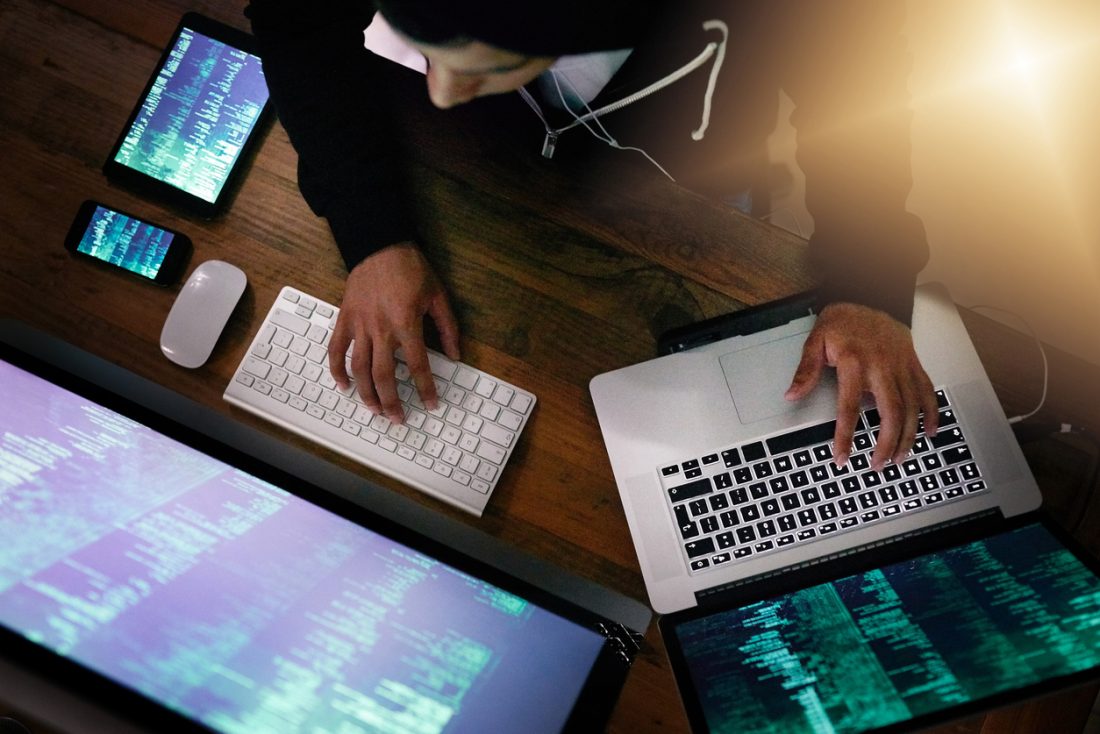
In the wake of The Great Recession, much time and attention has been placed on regulatory action designed to keep financial institutions solvent and protect consumers in the wake of a crisis. However, this attention leaves one front somewhat unprotected: cybersecurity.
“Cyber Security is a growing concern across the world and many businesses are being disrupted, and some have had their servers and data hijacked. Law firms are growing with this new niche, cloud software solutions are hitting the “startup” market and CIO’s are taking appointments and re-allocating budget dollars for a proactive approach. If you’re in sales, human resource, accounting, finance, technology, or a professional office role, you should make sure your data is backed up and secure. Proactively find out what tools your IT department is expecting you to keep upgrading!” says Sharon Tsao, CMO, Contemporary Staffing Solutions.
The New Frontier of Financial Cybercrime
Historically, financial hacks have centered around selling customer data and committing credit and bank fraud, but hackers have always had their eyes on a bigger prize – including hackers from terrorist groups and adversarial governments. These hackers have a goal of conducting wide-scale attacks on our national financial infrastructure which could have a global impact on banks, financial systems and markets.
The Harvard Business Review estimates that a large-scale cyber attack could cause anywhere from $50 billion to $120 billion in damage, though higher numbers are not out of the question. They warn of attacks from cells like North Korea’s Lazarus Group whose mission is to compromise banks and exploit cryptocurrencies. They also warn of hacktivist amateurs who could use malicious programs to launch chain-reaction cyber-attacks – attacks that start small, but spread rapidly throughout multiple interconnected systems, as other hackers join in to spread the damage.
The Impact of A Large-Scale Financial Attack
The impact could be rapid and widespread, shutting down entire ATM networks, causing credit card and payment systems to freeze, locking online banking systems and preventing access to reliable banking information, making it impossible to conduct transactions. Such a blackout could lead to massive panic, and along with it, massive market crashes.
Currently, the financial infrastructure and the central banking system are not necessarily equipped to respond to such an attack in a timely and effective manner. Even if systems get back online quickly, there is no telling how much damage could be done if data is corrupted, manipulated, unusable or inaccessible.
Banks, payment systems and financial institutions and their supporting industries would be wise to develop their own plans to prevent such attacks, to keep attacks from spreading to their systems and to recover quickly if such an attack were to occur. Governments around the world are slowly catching up to the technology, enacting regulations designed to protect infrastructure, but if other disasters – including natural disasters – are any indication, it’s best not to wait for the government to take action. An attack that undermines public trust in banking and finance systems could take decades to recover from, and there is no way to regulate consumer confidence.
Is Your Business Prepared?
No one knows what the future holds, but hiring professionals who can protect systems, maintain the integrity of financial data and manage customers effectively in the wake of a crisis can help your organization navigate a large-scale attack.
If your company is seeking top accounting and finance talent, or you want to improve your accounting and finance hiring processes, contact the expert A&F recruiters at Contemporary Staffing Solutions today.
Read More helpful & inspiring tips here.
Contemporary Staffing connects job seekers to hiring managers nationally in the following professions: Accounting & Finance, Call Center & Office, Human Resources, IT, Salesforce, and Sales & Marketing.
